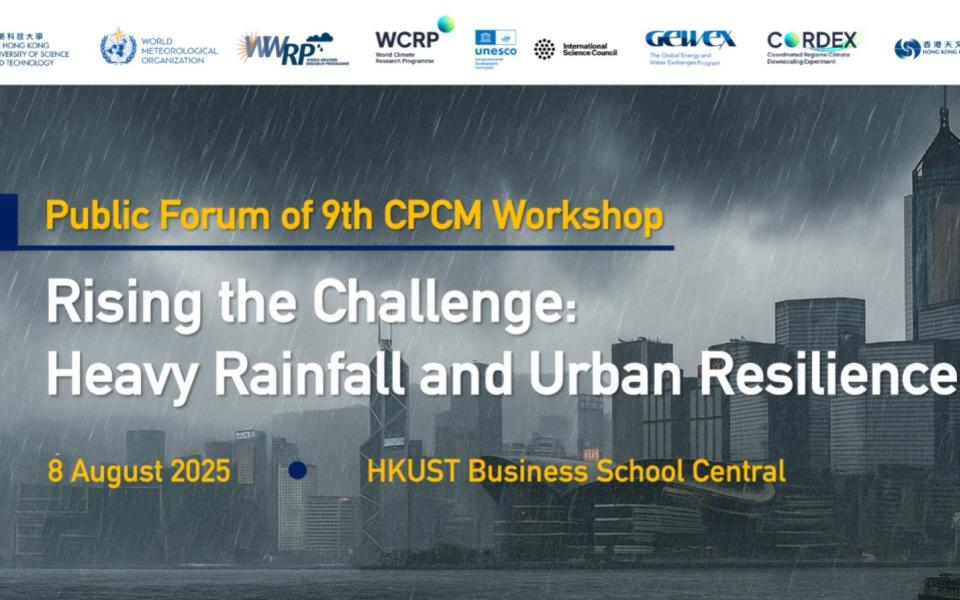As climate-related disasters intensify globally, cities are increasingly vulnerable to extreme rainfall and urban flooding. Hong Kong has also experienced increasingly intense and frequent heavy rainfall events in the recent years. One striking example was the unprecedented black rainstorm in September 2023 in Hong Kong, which exposed critical vulnerabilities in urban infrastructure and community preparedness. This public forum, part of the 9th CPCM Workshop, brought together experts from science, policymakers, and industry to explore collaborative strategies for managing these escalating risks.
Technical Summary:
The 9th CPCM Workshop took place from 5–7 August 2025 at the Hong Kong University of Science and Technology (HKUST), marking the first time the event was held physically in Asia. It was co-organized by the WMO World Weather Research Programme (WWRP), the WMO World Climate Research Programme (WCRP), GEWEX, CORDEX, and the Hong Kong Observatory, reflecting strong institutional support from the WMO and its affiliated programs.
Leading scientists from mainland China, Hong Kong, and 13 other countries – Australia, Canada, Denmark, Finland, Italy, Japan, the Philippines, South Korea, Sweden, Switzerland, Thailand, the United Kingdom, and the United States. Many participants were from national meteorological services and leading national research institutes, representing the urban modelling teams behind all major numerical weather prediction (NWP) models used by weather services worldwide. This made the workshop a rare global gathering of those who set the technical direction for extreme precipitation research and urban climate prediction.
The meeting opened under extraordinary circumstances, with extreme precipitation—our “star” but “uninvited guest”—joining the workshop. On 5 August 2025, the Hong Kong Observatory issued at 5:50 a.m. the first-ever fourth Black Rainstorm Warning within a single year. The warning remained in force throughout the day, forcing the workshop to move online from 2:00 to 5:00 p.m. Fittingly, it was only cancelled at 5:05 p.m., just after the close of the first day’s program—almost as if our “guest” had insisted on staying for the entire session. In total, the Observatory recorded the highest-ever August daily rainfall (368.9 mm) since records began in 1884. The episode offered a vivid reminder of the challenges under discussion, underscoring both the urgency and the real-world relevance of the workshop’s themes. Revisit the 9th CPCM Workshop
Public Forum Panel 1 – Understanding the Challenges: Scientific Prediction of Urban Climate Extremes
The first panel addressed three major themes: assessing current capabilities and gaps, advancing high-resolution modeling and AI integration, and defining future research priorities.
Predictability and Gaps
- Prof. Andreas Prein (Chair, CPCM Science Committee, ETH Zurich) highlighted the inherent difficulty of forecasting convection in the tropics. “The models that we’re using to simulate these storms are frequently developed at mid-latitudes… tuned to work well in mid-latitudes because many modeling centers are located there.” However, they "showed that the best setting in this model for extreme convective storms in the mid-latitudes was the worst setting in the tropics… This demonstrates the need to further invest in model development" in the tropics. Also, “Pinpointing where thunderstorms will strike hours in advance is almost impossible,” he explained, emphasizing that ensemble forecasting is critical to providing probabilities and quantifying uncertainty. He also stressed the need for computationally affordable ensembles and noted the promise of AI in learning from them.
- Prof. Fei Chen (Co-chair, WWRP Urban-PREDICT Project; HKUST) agreed, noting that current models often fail to capture extreme events ahead of time, particularly in tropical regions. He argued for better representation of clouds, cities, terrain, and coastlines in models, as well as denser observation networks: “Even Hong Kong’s world-class system still misses extremes in some places.”
High-Resolution Modeling and AI
- Prof. Prein underscored that physical modeling and AI should complement each other, with the merging of the two holding the greatest promise. At the same time, he cautioned that “AI is only as good as the data we provide” and must be subjected to rigorous, model-like validation.
- Prof. Chen pointed to WMO’s Urban-PREDICT initiative as a pathway, combining ultra-high-resolution modeling with physical sciences, social sciences, and AI. He stressed the importance of new reanalysis datasets: “Unprecedented high-resolution data for Southeast Asia will be critical to train AI and advance both physics-based and AI forecasts.”
Future Research Priorities
Looking ahead, panelists highlighted several directions for advancing prediction in tropical and coastal cities. Prof. Prein emphasized the development of multi-model, high-resolution ensembles to better quantify uncertainty and provide more reliable guidance. Prof. Chen pointed to new regional reanalysis datasets, particularly for Southeast Asia, as a foundation for both physical models and AI-based methods.
Both stressed that the future lies in integrating AI with physics-based modeling—AI for speed and efficiency, physics for interpretability and robustness—so forecasts are both faster and more trustworthy. They also noted the importance of expanding urban and coastal observation networks, including radars, IoT sensors, and satellites, to capture the fine-scale processes driving extremes.
Moderator Prof. Chi-Ming Shun (former HKO Director; HKUST) added that future research must also focus on the “last mile” of forecasting: ensuring that advances in science translate into practical, actionable early warnings for densely populated cities.
Public Forum Panel 2 – Collaborative Resilience: How Coastal Countries and Local Industries Are Preparing for Extreme Rainfall
The second panel explored how advances in science connect to resilience and adaptation, drawing on both international experiences and Hong Kong’s local practices.
International Perspectives
- Prof. Jason Evans (Science Advisor, WCRP CORDEX Program; University of New South Wales) reminded participants that “the climate system by its nature is global.” He stressed the importance of multi-model ensembles and international collaboration to capture uncertainty. He also described how unified datasets in Australia have informed government planning, leading to new engineering guidelines that require 8–15% higher design rainfall standards for each degree of warming.
- Dr. Faye Abigail Cruz (Co-Chair, WCRP CORDEX–SE Asia; Manila Observatory) emphasized the particular challenges for developing and archipelagic countries. She noted that “high-resolution climate information is necessary… [because] global climate models have poor spatial resolutions,” and stressed the need for “co-production of information” so that scientific outputs are tailored to the needs of local communities and decision-makers.
Hong Kong Perspectives
Local institutions provided concrete examples of resilience-building in practice:
- Mr. Ringo Mok, Director of Drainage Services, explained that decades of sustained investment in drainage infrastructure have significantly reduced flood risk, even under record-breaking rainfall. He added that continued adaptation will be essential as extreme events intensify.
- Mr. Woody Chan, Senior Manager – Sustainability at Link REIT, observed that recent flooding events had accelerated adaptation planning in the property sector, from infrastructure improvements to new operational protocols.
- Mr. Clement Hau, Chairman of the Fire Insurance Association at the Hong Kong Federation of Insurers, underscored the importance of better data and risk assessment: “The rising frequency of extreme events underscores the need to better quantify and share climate risks, so that insurance can remain a tool to support resilience rather than just cover losses.”
Moderator Prof. Christine Loh (HKUST) closed the discussion by underlining the connection between science and practice: “The real test of these advances will be whether they can inform how governments, businesses, and communities prepare for the climate risks ahead.”
Final Note
The discussions across both panels underscored the importance of not only advancing scientific prediction, but also sharing best practices in resilience and adaptation. This workshop was unique in that participants witnessed first-hand the impact of extreme precipitation in Hong Kong, as the city recorded its highest-ever August daily rainfall while the meeting was underway.
International participants were all impressed by how effectively Hong Kong managed the situation, pointing to the government’s long-term investments in drainage infrastructure, early warning systems, and emergency response, together with the preparedness of businesses and communities. Many remarked that Hong Kong’s experience offered valuable lessons for other coastal cities on how to strengthen resilience and adaptation in the face of intensifying climate risks.
| Time | Program |
| 9:00 | Registration |
| 9:30 |
Opening Remarks [Video Recording]
|
| Panel 1: Understanding the Challenges - Scientific Prediction of Urban Climate Extremes Moderated by Mr. Chi-Ming Shun, Adjunct Professor, Division of Environment and Sustainability, HKUST |
|
| 9:40 |
Presentations:
|
| 10:35 | Coffee Break |
| Panel 2: Collaborative Resilience - Collaborative Resilience – How Coastal Countries and Local Industries Are Preparing for Extreme Rainfall Moderated by Prof. Christine Loh, Chief Development Strategist, Institute for the Environment, HKUST |
|
| 10:50 |
Presentations:
|
| 12:15 | Closing Remarks [Video Recording] |
| 12:25 | Event Ends |
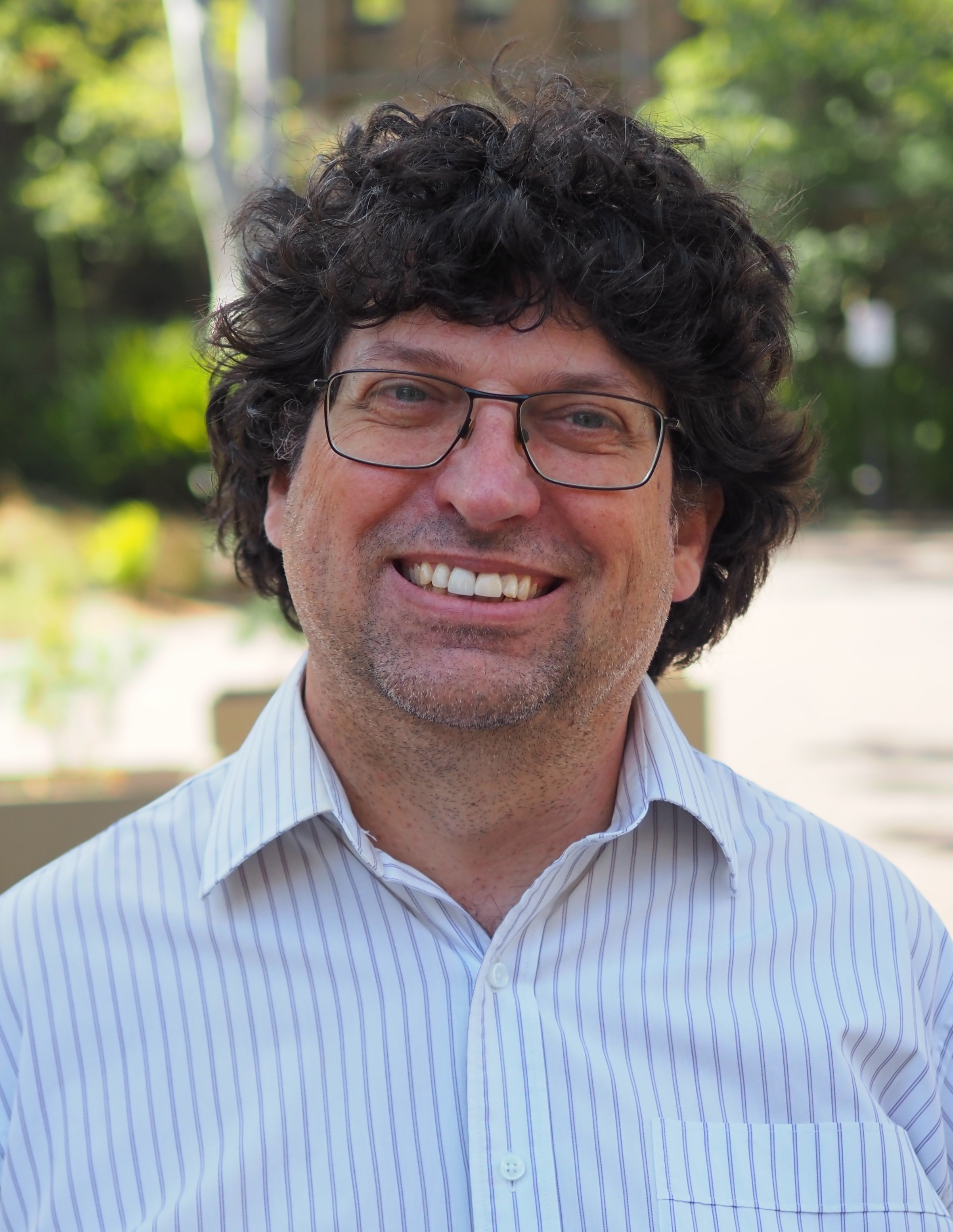 |
Prof. Jason Evans Jason did his PhD at the Australian National University before working for several as a research fellow at Yale University, USA. He then took an academic position at the University of New South Wales, Australia, where he is currently a Professor in Climate Science. Jason has held multiple leadership positions within elements of the World Climate Research Program including currently serving on the CORDEX Science Advisory Team. Jason is an expert in the science of the climate system particularly in regards to land-atmosphere interactions, the water cycle and regional climate change. His research investigates regional climate processes, how global climate change manifests itself at regional and local scales, and how these changes impact climate change risks to various human and natural systems. He uses convection permitting climate modelling to investigate these questions at scales that are relevant for key processes that generate various climatic hazards and are meaningful for decision making. |
 |
Dr. Faye Abigail Cruz Dr Faye Abigail Cruz is a climate scientist, and Head of the Regional Climate Systems Laboratory at the Manila Observatory in the Philippines. She currently serves as Co-chair of CORDEX Southeast Asia and is a member of the CORDEX Science Advisory Team. With her expertise in regional climate modeling, she has been working on transdisciplinary projects to provide enhanced climate information to support climate change adaptation and disaster risk reduction in the Philippines. She was a Lead Author in the IPCC AR6 Working Group I, and a contributing author in the Philippine climate change assessment reports. |
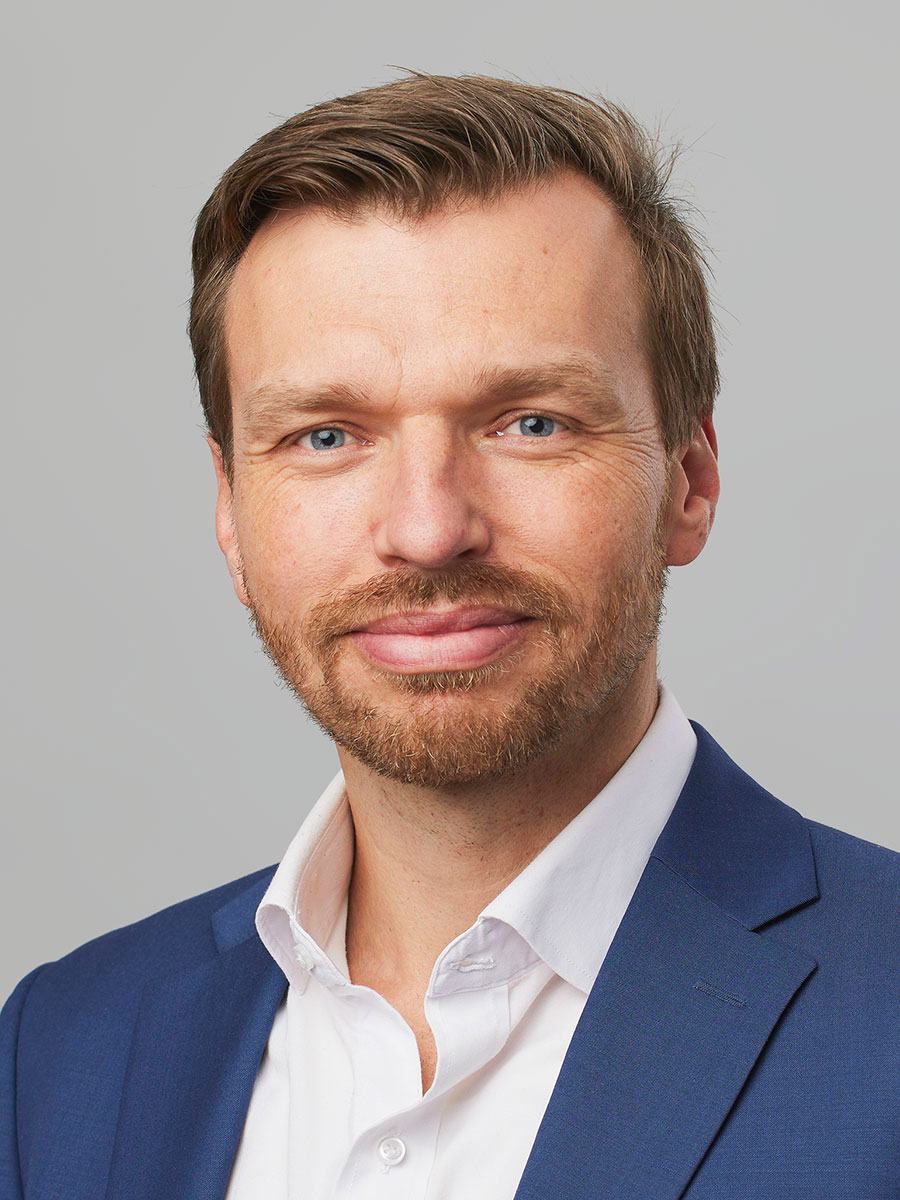 |
Prof. Andreas Prein Andreas F. Prein is a professor at ETH Zurich and a leading expert in high-resolution weather and climate modeling. His research focuses on the physical drivers of extreme weather events in a changing climate, with an emphasis on mesoscale processes and convection-permitting models. Before joining ETH, he spent over a decade at the National Center for Atmospheric Research (NCAR), where he also served as Deputy Director of the Center for Climate and Weather Extremes. His work bridges fundamental process understanding and practical applications, supporting decision-making in areas such as infrastructure resilience and water management. He has authored over 100 peer-reviewed papers, many of which are highly cited, and serves on international scientific panels, including WCRP and GEWEX. Recognized as a Clarivate Highly Cited Researcher and recipient of multiple awards, Andreas is also a frequent advisor to government agencies and international initiatives focused on climate extremes. |
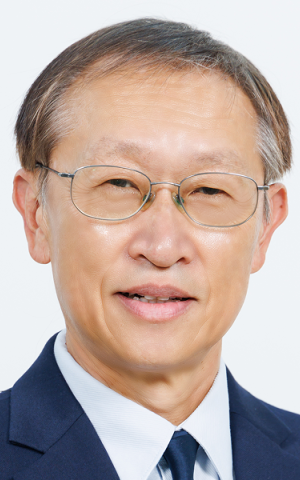 |
Prof. CHEN Fei Fei Chen is currently the Associate Head of the Division of Environment and Sustainability at the Hong Kong University of Science and Technology. Prior to this role, he spent over 26 years at the National Center for Atmospheric Research (NCAR) and led projects to develop the community Noah and Noah-MP land/hydrology models, and the WRF-Urban and WRF-Crop coupled models. These modeling systems have been widely used at international operational weather prediction centres. His research interests and expertise include understanding land-atmosphere interactions and their impacts on boundary layer structures and precipitation. He also investigates the feedback mechanisms between soil moisture, vegetation conditions, land-use and land-cover changes, urbanisation, agriculture management, and regional hydroclimate. His research extends to urban heat islands and their adaptation strategies, and urban extreme weather and climate. He serves as the co-chair of the UN World Meteorological Organization’s World Weather Research Programme (WWRP) Urban Prediction Project and the World Climate Research Programme (WCRP) My Climate Risk Scientific Steering Group. He chaired the American Meteorological Society (AMS) Award Nomination Committee and the board on the Urban Environment. He was an elected board member of the International Association for Urban Climate (IAUC) Board. He was elected to a fellow of the AMS in 2013 and received the 2018 Helmut E. Landsberg Award from the AMS. |
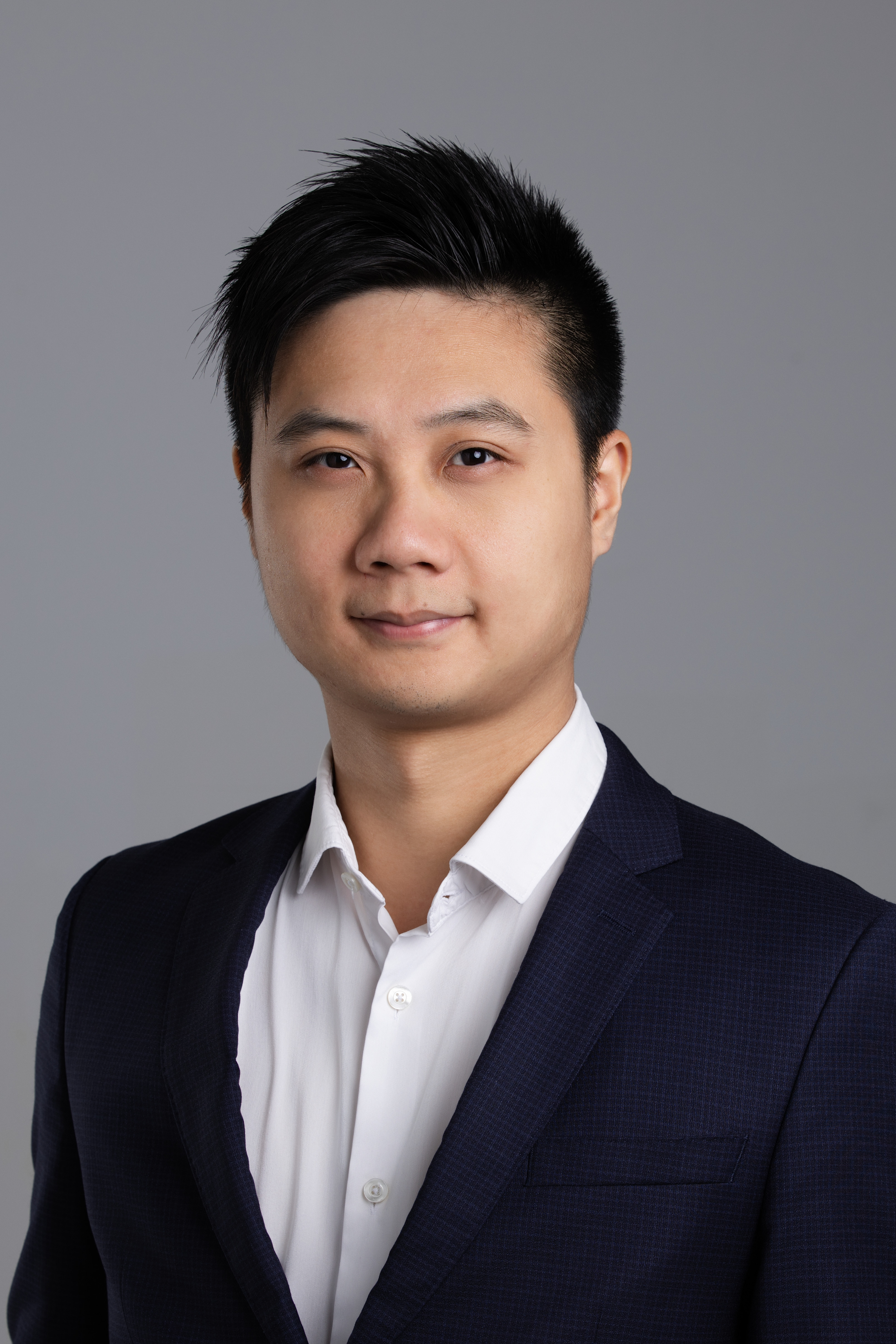 |
Mr. Woody Chan As Senior Sustainability Manager at Link Asset Management, Woody Chan oversees the strategic development and communication of Link’s sustainability framework. Most recently, he spearheaded the first ever Sustainability-Linked Insurance renewal in APAC, establishing Link as a thought leader in climate resilience and sustainable finance. Prior to joining Link, Woody established the CSR & Sustainability team at foodpanda, where he pioneered a reusable food packaging initiative for food delivery. Woody has also led projects at CWR, one of Asia’s leading think tanks on climate and water risks, honing his skills in research and analysis. |
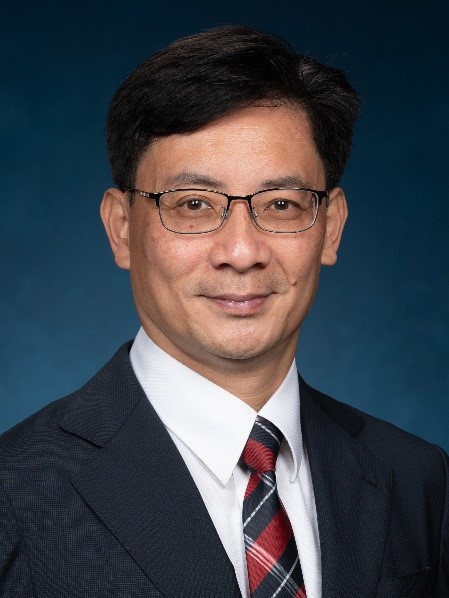 |
Mr. MOK Wing-cheong, Ringo
Mr. MOK Wing-cheong, Ringo is the Director of Drainage Services Department. He has been working in various bureau/works departments and participated in numerous mega-scale development projects, including Central and Wan Chai Reclamation, West Kowloon Cultural District Development and the Northern Metropolis Development. Mr. MOK is now leading about 2,000 no. of professional, technical and administrative staff in Drainage Services Department to provide world-class wastewater and stormwater drainage services. |
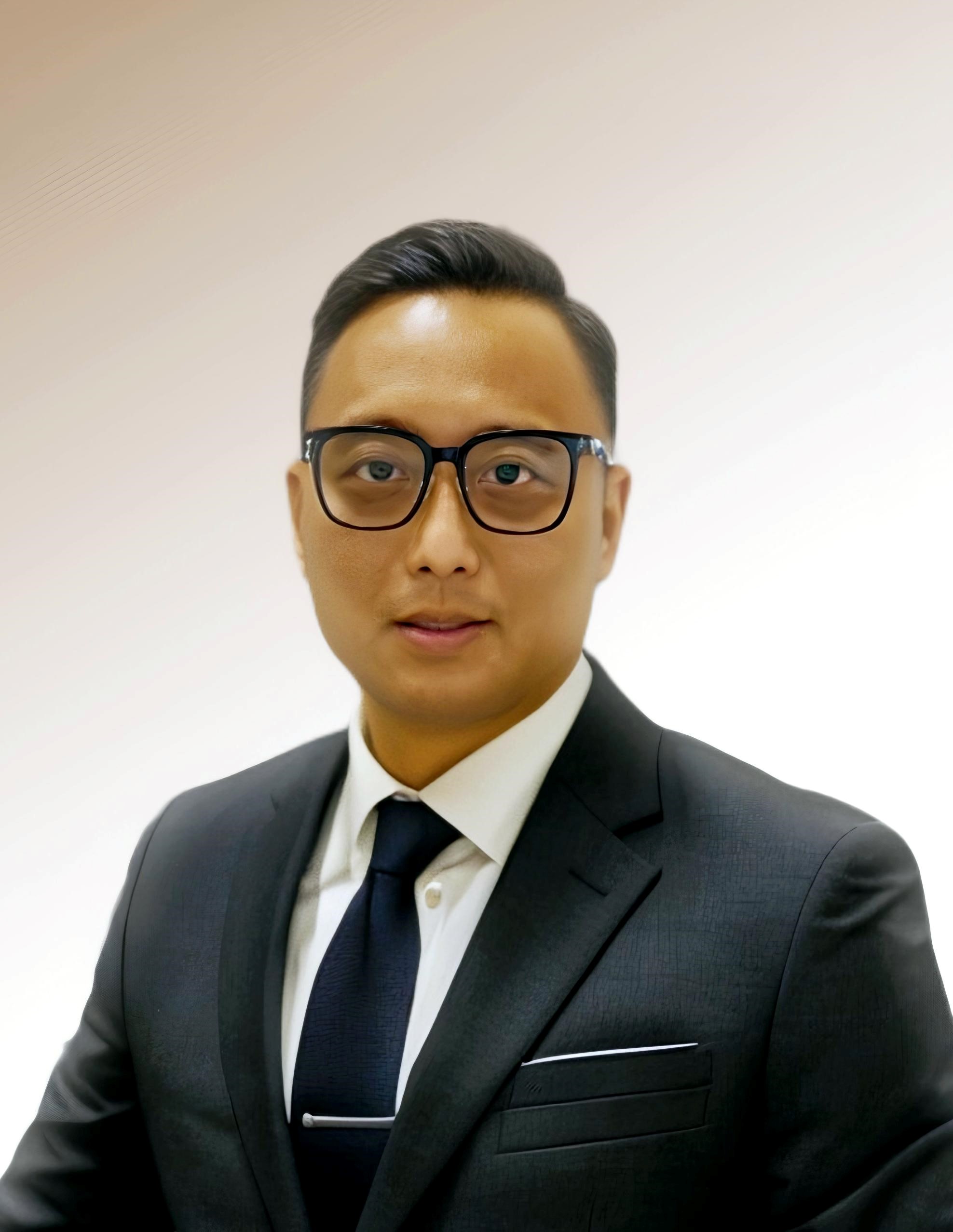 |
Mr. Clement Hau Clement Hau is the Chief Underwriting Officer at Zurich Insurance (Hong Kong), where he oversees the underwriting and governance of general insurance prod-ucts. With over 20 years of extensive experience in the insurance industry, his expertise spans from underwriting, insurance operations, sales and distribution, to risk and analytics. Before his promotion to Chief Underwriting Officer in 2024, Clement held several senior positions within Zurich Insurance (Hong Kong). He served as the Head of Retail Services, where he was responsible for the retail property and casualty (P&C) businesses. Prior to that, he led the Retail Business Center, Distribution Hong Kong, focusing on enhancing the company’s distribution models and developing go-to-market strategies for various lines of retail general insurance. As an industry veteran, Clement actively contributes to the insurance community. He has held multiple public posts, including Chairman of the Hong Kong Federa-tion of Insurers’ Fire Insurance Association and a member of the General Insur-ance Council since 2019. Additionally, he has been a Committee Member of the Insurance Industry Training Advisory Committee (ITAC) hosted by the Education Bureau since 2020. Clement holds three master’s degrees: a Master of Applied Business Research, a Master of Science in Fire Safety Engineering and a Master of Science in Actuarial and Investment Science. |
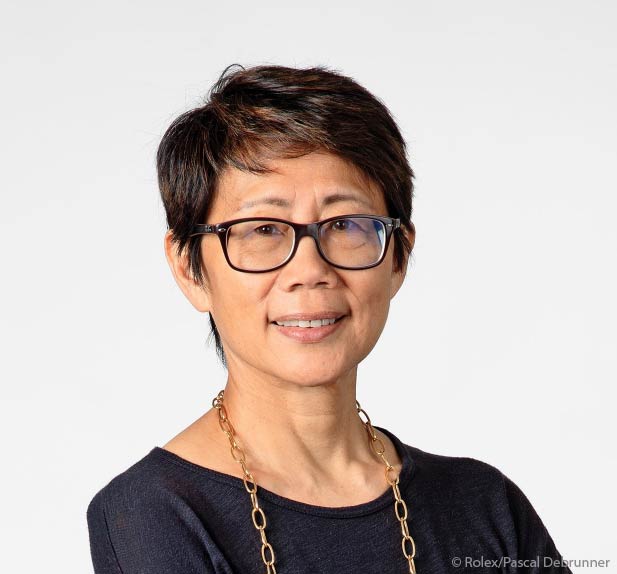 |
Prof. Christine Loh Prof. Christine Loh is the Chief Development Strategist at the Institute for the Environment, Hong Kong University of Science and Technology (HKUST). Previously, she held the positions of Special Consultant to the Office of the Chief Executive of the HKSAR Government on the ecological civilization aspects of the Greater Bay Area Outline Development Plan (2019-2020); and Under Secretary for the Environment in the HKSAR Government (2012-2017). She was the CEO of Civic Exchange, an independent non-profit public policy think tank (2000-2012). Before that, Prof. Loh served as a member of the Hong Kong Legislative Council, first appointed in 1992 and later elected in 1995 and 1998. Earlier, she spent 14 years in the private commercial sector in commodities trading. Currently, she is a board member of Global Maritime Forum, New Forests Pty Ltd, Towngas Smart Energy Company Limited, and is Asia Society’s Scholar in Residence. She is also a Steering Committee member of the United Nations International Organization for Migration’s new Climate Mobility Innovation Lab. |
 |
Mr. Chi-ming Shun In the international arena, Mr. Shun was President of the Commission for Aeronautical Meteorology of the UN World Meteorological Organization during 2010-2018, the first Asian elected to take up this high international position. He was also the Vice-Chairman of the Asia/Pacific Communications, Navigation and Surveillance / Meteorology Sub-Group, in charge of Meteorology, of the UN International Civil Aviation Organization during 2003-2009. After retirement, Mr. Shun has been active in popularization of science and meteorology, as a writer of books, columnist on climate change, and speaker for schools and professional bodies. He also co-organized HKUST’s Climate Adaptation and Resilience Conference (CARE2022). In May 2023, Mr Shun was appointed member of the Council for Carbon Neutrality and Sustainable Development. |
Acronyms
WMO – World Meteorological Organization (a UN agency for weather, climate, water, and related environmental services. It coordinates international cooperation and sets global standards for weather and climate observations and forecasting.)
WWRP – World Weather Research Programme (a major WMO program focused on advancing and improving weather prediction research worldwide)
WCRP – World Climate Research Programme (co-sponsored by WMO, IOC-UNESCO, and ISC, dedicated to coordinating international climate research)
GEWEX – Global Energy and Water Exchanges (a WCRP core project studying the water and energy cycles of the Earth system)
CORDEX – Coordinated Regional Climate Downscaling Experiment (a WCRP initiative providing high-resolution regional climate projections for impact and adaptation studies)
